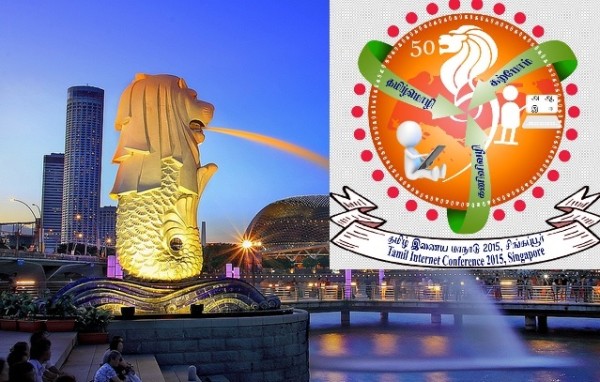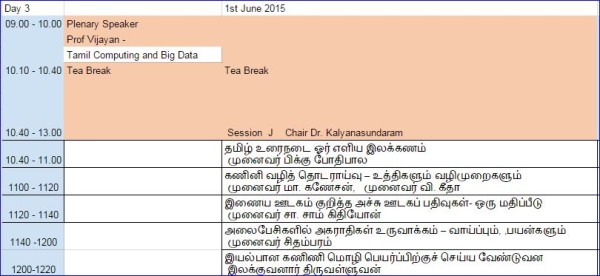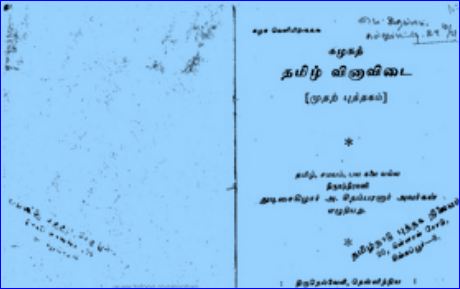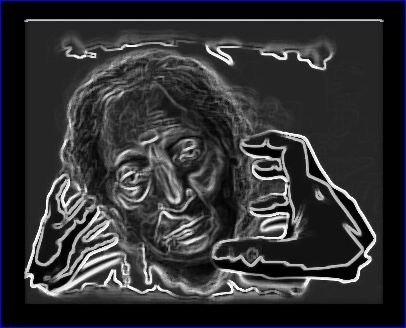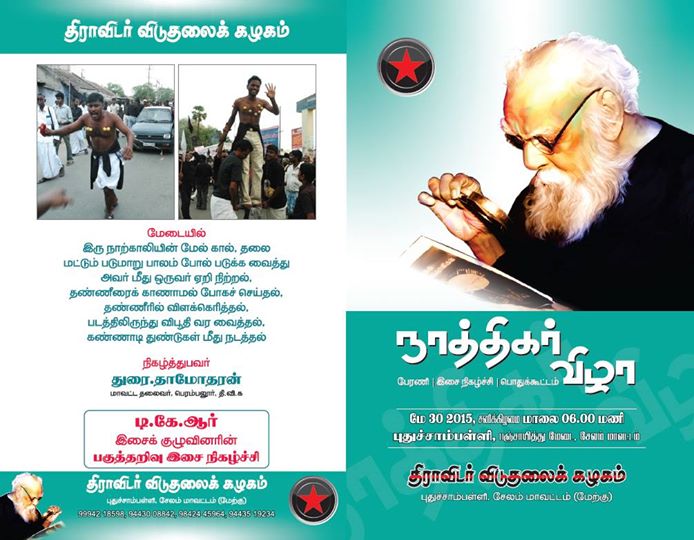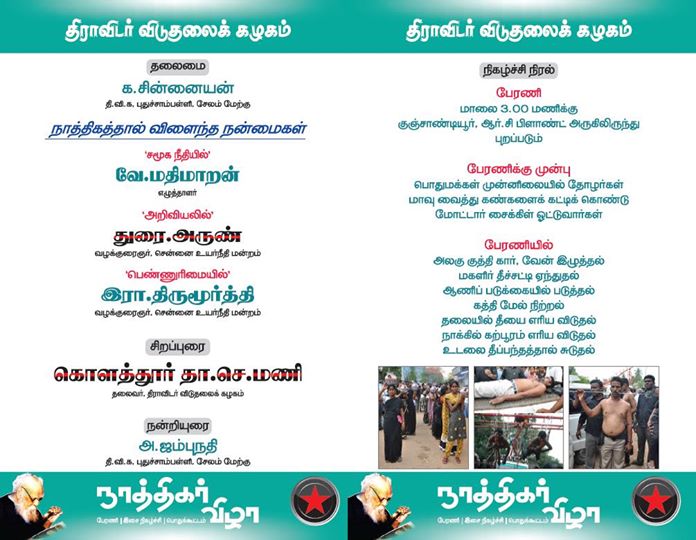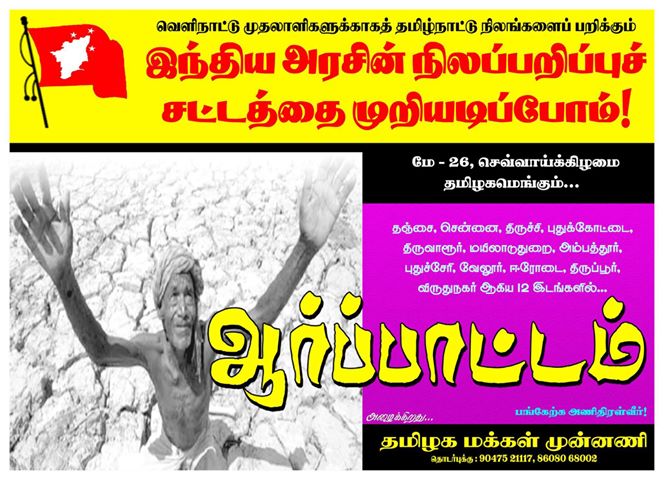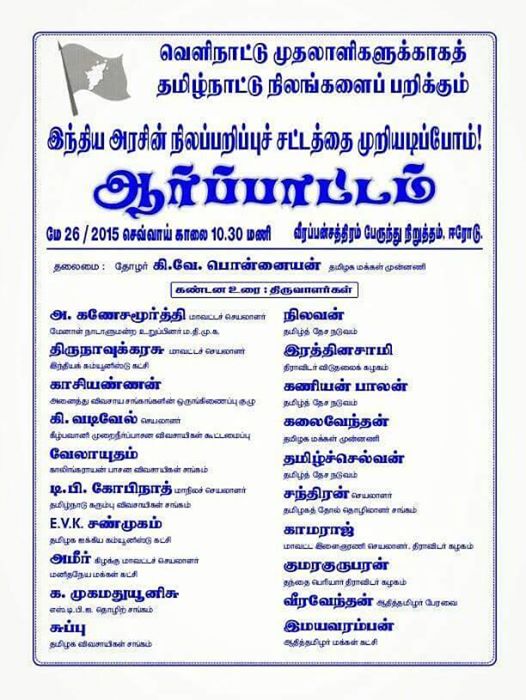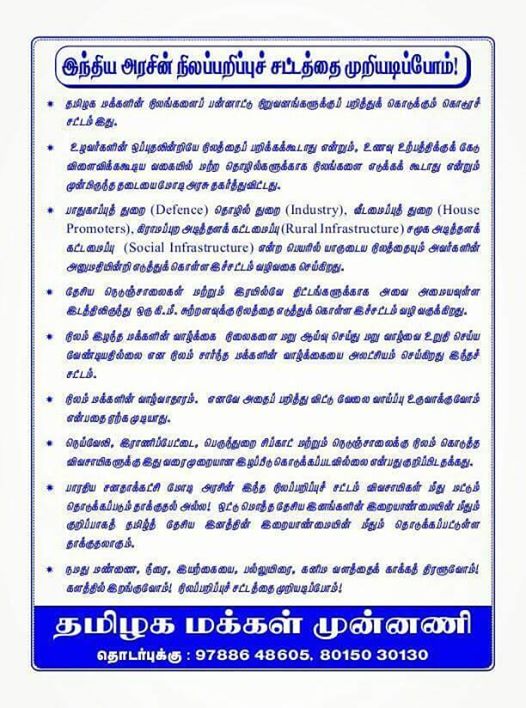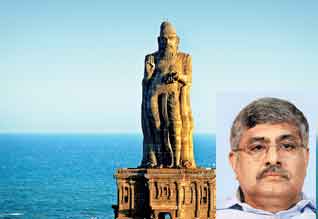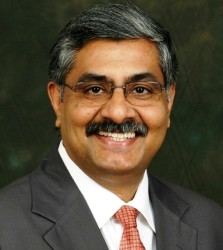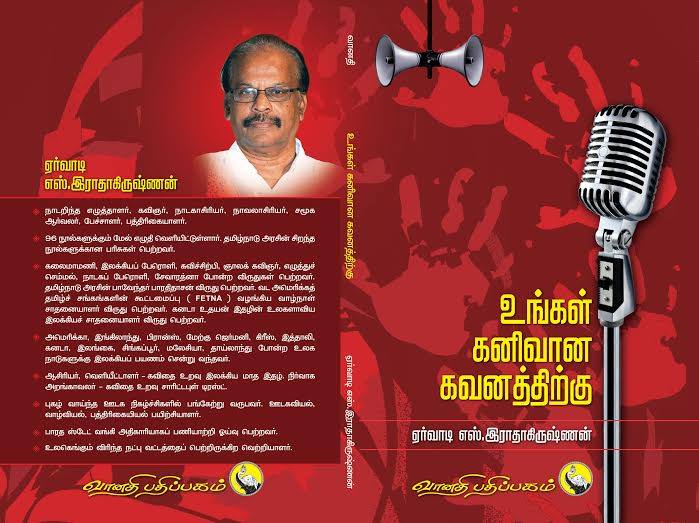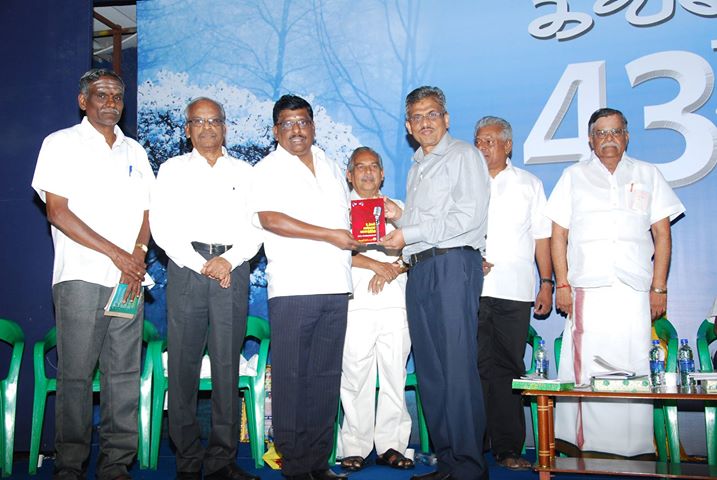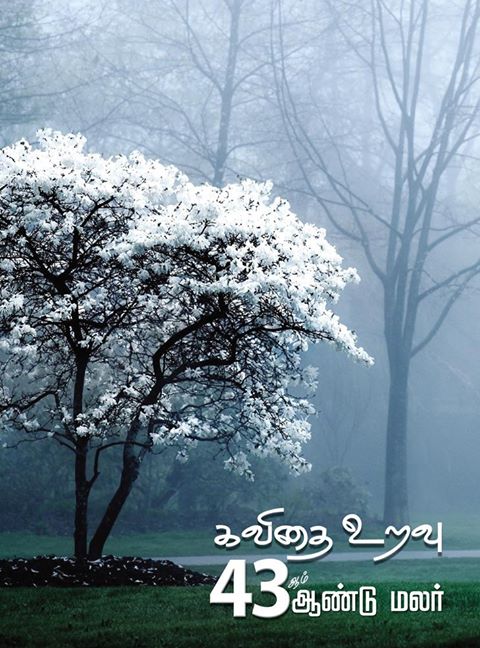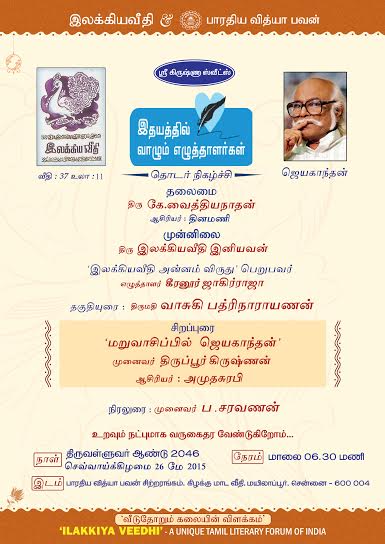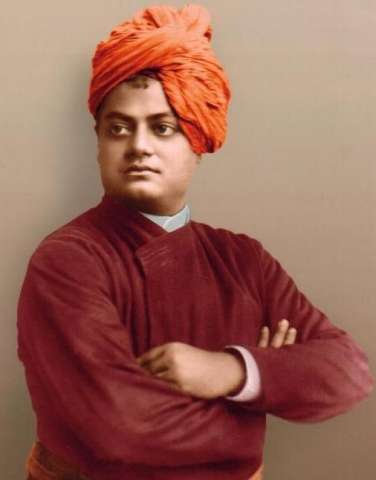Diaspora urged to document flow of narcotics into Tamil homeland
[TamilNet, Wednesday, 27 May 2015, 15:37 GMT]
The Sri Lankan police will not be investigating to the fullest degree possible to assert what kind of narcotics were used by the gang rapists, who committed the brutal crime earlier this month, informed Tamil paramilitary operatives in Jaffna claim. The occupying Sri Lankan military has systematically deployed a number of Sinhala and Muslim narcotic sellers from South into Jaffna and Vanni over a long period of time. The Sri Lanka Navy sustains the flow of narcotics from India. Even the narcotic traffickers who earlier operated from Mannaar have shifted their activities to the islets off Jaffna in recent years. So-called rape drugs have been introduced in recent times, the Tamil paramilitary sources further say. The Chief Minister of Northern Province, Justice C.V. Wigneswaran, was also expressing the same message last week.
Those having experience in documenting the spread and use of narcotics should undertake a serious study of what is going on in Jaffna and Vanni, Tamil doctors in Jaffna say.
Particularly, Eezham Tamil women activists around the globe should mobilize to objectively document and mobilise themselves to fight against the systematic crime of rape, women rights activists in Jaffna say.
The majority of Colombo-based rights activists, who receive funds from foreign NGOs, are not prepared to look into the crimes destroying the social fabric of the Tamil society, they said.
A special military unit is responsible for the programme of introducing narcotics, the distribution of drugs near schools and the university. The same unit, according to informed EPDP operatives, also disseminates pornography visuals among the Tamils.
“In fact, the Sri Lankan Police has special instructions to control the flow of narcotics to the South from North,” a paramilitary operative who is on the pay list of the SL military run outfit told TamilNet.
Workshops have been conducted to occupying Sri Lankan soldiers by the same military unit, trained in counter-insurgency operations, to spread a particular message among the Tamils: “It is not the SL military, but it is the men among your own community who are the dangerous rapists.”
The nation of Eezham Tamils lacks its own security outfit to control the situation after the genocidal onslaught in 2009.
The Sri Lankan police will not be investigating to the fullest degree possible to assert what kind of narcotics were used by the gang rapists, who committed the brutal crime earlier this month, informed Tamil paramilitary operatives in Jaffna claim. The occupying Sri Lankan military has systematically deployed a number of Sinhala and Muslim narcotic sellers from South into Jaffna and Vanni over a long period of time. The Sri Lanka Navy sustains the flow of narcotics from India. Even the narcotic traffickers who earlier operated from Mannaar have shifted their activities to the islets off Jaffna in recent years. So-called rape drugs have been introduced in recent times, the Tamil paramilitary sources further say. The Chief Minister of Northern Province, Justice C.V. Wigneswaran, was also expressing the same message last week.
Those having experience in documenting the spread and use of narcotics should undertake a serious study of what is going on in Jaffna and Vanni, Tamil doctors in Jaffna say.
Particularly, Eezham Tamil women activists around the globe should mobilize to objectively document and mobilise themselves to fight against the systematic crime of rape, women rights activists in Jaffna say.
The majority of Colombo-based rights activists, who receive funds from foreign NGOs, are not prepared to look into the crimes destroying the social fabric of the Tamil society, they said.
A special military unit is responsible for the programme of introducing narcotics, the distribution of drugs near schools and the university. The same unit, according to informed EPDP operatives, also disseminates pornography visuals among the Tamils.
“In fact, the Sri Lankan Police has special instructions to control the flow of narcotics to the South from North,” a paramilitary operative who is on the pay list of the SL military run outfit told TamilNet.
Workshops have been conducted to occupying Sri Lankan soldiers by the same military unit, trained in counter-insurgency operations, to spread a particular message among the Tamils: “It is not the SL military, but it is the men among your own community who are the dangerous rapists.”
The nation of Eezham Tamils lacks its own security outfit to control the situation after the genocidal onslaught in 2009.
The
Chief Miniser of Northern Province, C.V. Wigneswaran, reflected the
sentiments of the people of North in his address on 23 May on the 150th
anniversary of I'nuvil Hindu College. He said the local people and their
relations outside the island have a huge responsibility in working
together to address the conditions of the provinces of North-East. He
was particular in stating that de-militarisation of North-East was an
important demand. He was categorical in stating: “It is unacceptable,
under any circumstances, to allow the military that committed war crimes
to continue to stay in our soil and rule it as an occupying force.”
“The heinous crimes that occur in recent times are new to the people. They were not heard of these crimes before 2009. There was no connection between the killing of Krishanthy and the people. But, we wonder now whether there is a force systematically misdirecting the young men and women with the intentions that our youth should not have the thirst for freedom, they should not excel in knowledge and they should not become hardworking people,” the Chief Minister Justice C.V. Wigneswaran said in his Tamil address. He was connecting the dots expressing the sentiments of the people, political observers in Jaffna said.
The NPC Chief Minister's exact wording in Tamil was as follows:
“The heinous crimes that occur in recent times are new to the people. They were not heard of these crimes before 2009. There was no connection between the killing of Krishanthy and the people. But, we wonder now whether there is a force systematically misdirecting the young men and women with the intentions that our youth should not have the thirst for freedom, they should not excel in knowledge and they should not become hardworking people,” the Chief Minister Justice C.V. Wigneswaran said in his Tamil address. He was connecting the dots expressing the sentiments of the people, political observers in Jaffna said.
The NPC Chief Minister's exact wording in Tamil was as follows:
“நாட்டின் எல்லைகளைக் காப்பாற்றுவதாகக் கூறி எமது மண்ணையும், வளங்களையும் ஆக்கிரமித்துக் கொண்டு ஒரு போர் முடிந்து 6 வருடங்களின் பின்னரும் வேண்டாத எம்மிடையே பலாத்காரமாக நிலை நிறுத்தப் பட்டிருக்கும் ஒரு அரச படையே இராணுவமும், கடல்படையும். எமது பாதுகாப்புக்காக இராணுவத்தை இங்கு நிலை நிறுத்தியுள்ளதாக அரசாங்கம் அறிவிக்கின்றது. ஆனால் நாங்கள் எவரும் எங்களைப் பாதுகாக்க நீங்கள் இங்கு இருங்கள் என்று இராணுவத்தினரிடம் கூறியதாகத் தெரியவில்லை. அவ்வாறு யாராவது கூறியிருந்தால் அவர் இராணுவத்தின் அனுசரணையாளனாகவோ இராணுவத்திற்குப் பயந்தவனாகவோ அல்லது அரசாங்கத்தின் ஒற்றனாகவோ தான் இருக்க வேண்டும்.
அண்மைக் காலங்களில் நடைபெறும் மிகக் கொடூரமான குற்றச் செயல்கள் 2009ம் ஆண்டுக்கு முன்னர் இங்கு மக்களிடையே அறிந்திராத செயல்கள். 2009க்கு முன்னரான கிருசாந்தியின் கொலைக்கும் மக்களுக்கும் தொடர்பேதும் இருக்கவில்லை. ஆனால்த் தற்போது எமது இளைஞர் யுவதிகள் சுதந்திரதாகத்துடன் உருவாகக்கூடாது, அறிவில் சிறந்து விளங்கக் கூடாது, தொழிற் பாங்குடன் கடுமையாக உழைப்பவர்களாக உருவாகக் கூடாது என்று திட்டமிட்டுப் பிழையான வழிகளில் அவர்கள் பாதை தவறி நடக்க உரிய சூழலை யாராவது வழி அமைத்துக் கொடுக்கப் பார்க்கின்றார்களோ என்று எண்ணவேண்டியுள்ளது.”
In 1996, Sri Lanka Army and police
personnel at a military checkpoint in Jaffna detained Krishanthi
Kumaraswamy, a student at the Chu'ndukkuzhi Girls School. She was gang
raped by up to 11 SL military personnel, before being murdered.
The islets off Jaffna, including Pungkudutheevu, have been under SL military control for 25 years since 1990.
Violent Tamil paramilitary operatives and criminal gangs have been nurtured in the islets, which remain under the iron fist control of the occupying Sinhala military to date.
The islets off Jaffna, including Pungkudutheevu, have been under SL military control for 25 years since 1990.
Violent Tamil paramilitary operatives and criminal gangs have been nurtured in the islets, which remain under the iron fist control of the occupying Sinhala military to date.
18-year-old schoolgirl Vithya
Sivaloganathan was reported missing on 13 May 2015. The following day,
her dead body was recovered in a brutally abused state. Three Tamil men,
all of them between 30 and 35 years, were immediately arrested and five
Tamil youth, who had come from Colombo on 13 May and returned to
Colombo were also arrested later. A 9th suspect, a Switzerland resident,
is also a Tamil.
A Colombo-based Tamil academic and a UNP parliamentarian from Kaarai-nakar, who is also a deputy minister in the new regime, were initially blamed by the public of attempting to help the Swiss resident to escape.
However, the UNP organiser in Jaffna who also hails from the nearby Kaarai-nakar islet, managed to convince the SL police in Colombo to arrest the escaping Diaspora criminal as the people of Pungkudutheevu managed to hold the Tamil academic as hostage in their custody demanding immediate arrest of the alleged culprit. The SL military and Police were particular in providing security to the Tamil academic creating further tension among the public. The inaction by the SL police on the day when Vithya was reported missing had already caused anger among the public.
Widespread protests followed in Jaffna. Almost all the school students in the Northern Province took part in the protests. There were also protests in the three districts of the Eastern province.
Vithya's family was uprooted in 1990 and displaced later to Vanni. During the 2009 Vanni war, Vithiya was studying in Colombo. Her father, mother, sister and brother survived the genocidal onslaught on Vanni and the barbed-wire internment camp at Menik Farm in Vavuniyaa. The family had resettled in their native village in 2010.
A Colombo-based Tamil academic and a UNP parliamentarian from Kaarai-nakar, who is also a deputy minister in the new regime, were initially blamed by the public of attempting to help the Swiss resident to escape.
However, the UNP organiser in Jaffna who also hails from the nearby Kaarai-nakar islet, managed to convince the SL police in Colombo to arrest the escaping Diaspora criminal as the people of Pungkudutheevu managed to hold the Tamil academic as hostage in their custody demanding immediate arrest of the alleged culprit. The SL military and Police were particular in providing security to the Tamil academic creating further tension among the public. The inaction by the SL police on the day when Vithya was reported missing had already caused anger among the public.
Widespread protests followed in Jaffna. Almost all the school students in the Northern Province took part in the protests. There were also protests in the three districts of the Eastern province.
Vithya's family was uprooted in 1990 and displaced later to Vanni. During the 2009 Vanni war, Vithiya was studying in Colombo. Her father, mother, sister and brother survived the genocidal onslaught on Vanni and the barbed-wire internment camp at Menik Farm in Vavuniyaa. The family had resettled in their native village in 2010.
Widespread
protests shook Jaffna following the brutal gang rape. A planted section
of paramilitary elements allegedly diverted a protest march organised
by the Ceylon Teachers Union towards the Court complex in Jaffna on 20th
May 2015. The youth participants were instigated by the planted group
to assault the Jaffna courts. 130 protesters, among them innocent youth,
were arrested by SL riot control police and jailed at prisons outside
the Tamil districts. There were also prominent paramilitary persons,
operated by the Indian and Sri Lankan military intelligence outfits,
among the arrested individuals indicating the role of the planted
elements in transforming the peaceful protest into a violent episode.
Sri
Lankan President Maithiripala Sirisena, visited Jaffna on Tuesday to
meet the parents and to assure them of special hearings on the brutal
gang rape. Although the visit was interpreted as a public relations
stunt by the SL president, who came to power with the votes of the
Tamil-speaking people, sources who witnessed his presence with the
victims said the visit was conducted in a simple manner. The SL
president also met a selected group of student representatives. He also
visited the Buddhist Vihara in Jaffna. Journalists who accompanied him
were the only ones allowed to cover his visit. The Chief Minister of
NPC, Justice Wigneswaran accompanied the SL president during his meeting
with the victims and the students in Jaffna






